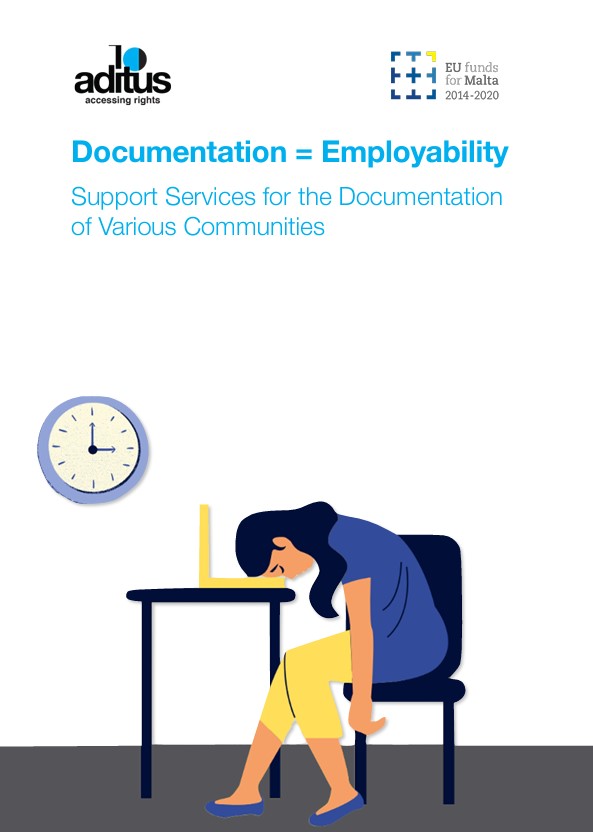
The right to access employment, social services, education and other services essential to a dignified life are inextricably linked to the possession of personal documents, such as an identity document or a residence document. These identification documents usually display a person’s name and surname, country of birth, nationality, date of birth, country of residence and also address.
An identity or residence document contains a person’s information which also includes the person’s legal status in the issuing country. In this context, the legal status would refer to the law or regulation on which their right to reside in a particular country is based.
The end result of lack of documentation is an increased risk of poverty and social exclusion borne of the inability to secure regular and stable employment, healthcare and education. Prone to discrimination, exploitation and abuse, undocumented or incorrectly documented persons’ risk remaining in the legal and social shadows unable to regularise their situations and set on the path of self-sufficiency and self-reliance.
Findings of the Report
The Documentation = Employability report was written within the ambit of the Documentation = Employability: Support Services for the Documentation of Various Communities. Through the provision of our services, we have identified the personal and/or institutional obstacles preventing persons from being appropriately documented through client interactions and also meetings with stakeholders, such as homeless NGOs and migrant-led NGOs.
We have also carried out desk-research covering publicly available academic literature, published government policies and other relevant reports and studies.
The main recommendations for the problems identified can be found below, however for a full examination of the issues at hand read the full report.
For more information please contact carlacamilleri@aditus.org.mt.
This publication has been funded by the European Social Fund, Cohesion Policy 2014 – 2020 Operational Programme II investing in human capital to create more opportunities and promote the wellbeing of society.
This publication reflects the views only of the author, and the Parliamentary Secretariat for European Funds cannot be held responsible for the content or any use which may be made of the information contained therein.

